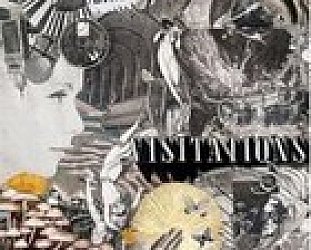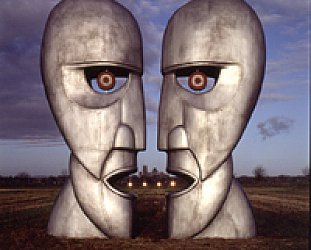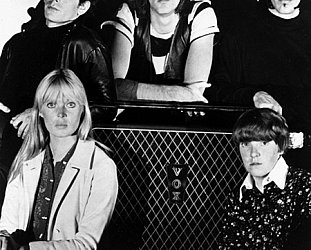Graham Reid | | 1 min read
I Can Change Him

The jury is always out on an album where the artist uses it as public therapy. Of the few successful ones, the most outstanding for its courage was the John Lennon Plastic Ono Band album of 1970 which was cathartic and uncomfortable.
It was uncommon at the time – has any other artist of his stature since been that emotionally naked and brave, musically and lyrically? – but these days many artists use the troubles of their lives, illnesses, uncertainties and dependencies as the meat for their lyrics.
Early on Taylor Swift got plenty of mileage out of former boyfriends and relationships.
So we sound a small warning along those lines with this album, the content of which may or may not be as true as it sounds.
It has been called a “breakup album” – which is huge genre in itself – but it often sounds much more harrowing than that. And detailed.
Growing up black and Jewish in Los Angeles, singer-songwriter McRae looked to mature writers (Joni Mitchell, Carole King, Alicia Keys) as role models as she sought to sidestep expectations she'd be just another R'n'B artist.
Early singles like White Boy (“White girl arrives, I turn invisible. I don't like who I am to you”) and Wolves “(I was 15, still in the valley, walking in a parking garage first time I met a wolf in person . . . And though I got away I never walked the same”) put her close to a more bruised Janis Ian.
On this remarkable, confrontational album she writes and sings with an unequivocal assurance and rare directness.
On I Can Change Him she admits to despairing defeat (“I know I can't win. It's me against the man he's always been”); Daffodils is a heartbreaking picture of a woman trapped with an abusive man who “cleaned my clock, bought me daffodils” and Praying for your Downfall is equally blunt: “I'm finished praying for your downfall, can't go on thinking it was my fault”.
Mostly framed as alt.folk fronted by her soulful anxieties, this can be downbeat, raw and numbing as she addresses the damage done, but finds resolution and bitter acceptance as on Let Me Be Wrong: “Something twisted in my chest says I'm good but not the best. When I was young that knocked me out, but nothing really shakes me now.”
Songs that sounds as necessary as they are cathartic and uncomfortable.
Not easy.
.
You can hear and buy this album at bandcamp here





post a comment